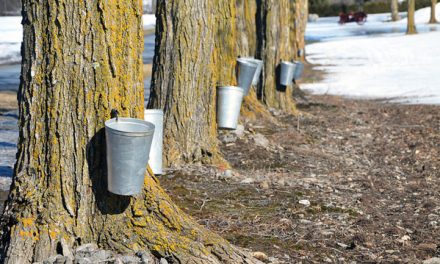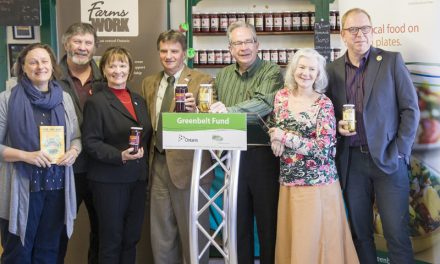A healthy diet containing foods rich in antioxidants, vitamins and minerals could be a key to boost the immune system and help to fight COVID-19.
A new study from France found that cabbage, cucumbers, and other vegetables such as garlic, ginger and chilli peppers, could help people build up resistance to the new virus, which has killed more than 618,000 worldwide in the past few months.
According to the study published in the scientific journal Clinical and Translational Allergy, researchers found that the abundant antioxidants in the vegetables could explain why countries where cabbage is a key part of the national diet, like Germany and South Korea, had lower fatality rates than hard-hit countries such as the United States. Nutrition may therefore play a role in the immune defense against COVID-19 and may explain some of the differences seen in Europe.
On the other hand, Canada produces around 180,000 tonnes of cabbage annually; the main areas of cultivation are in Québec and Ontario. In 2019, approximately 13,060 acres of cabbage, including kale, Chinese and regular cabbage, were harvested in Canada.
The research team led by Dr Jean Bousquet, Professor Emeritus of Pulmonary Medicine at Montpellier University, France, found that foods with potent antioxidant activity and dietary fatty acids have a significant role in immune responses. Resveratrol, which is a plant compound that acts like an antioxidant present in many foods such as grapes, berries and peanuts, is an inhibitor of MERS-Coronavirus infection.
Otherwise, the length of food supply chain may play a role in the quality of consumed foods. The increasing availability of foods from big retail has altered alimentary habits by promoting sugar-enriched, low-vitamin foods, and has become one of the causes of the obesity epidemic, especially among adolescents. These foods come from centralized farms in selected areas of the world that are distributed worldwide using a long supply chain of food. Therefore, rural areas that are more prone to short supply food may have been able to better tolerate the COVID-19 pandemic, with a lower death toll. These considerations may be partly involved in lower death rates in Southern Italy compared to the Northern part. As result, consuming local produces could shorten the food supply chain and provide a better-quality nutrition.












